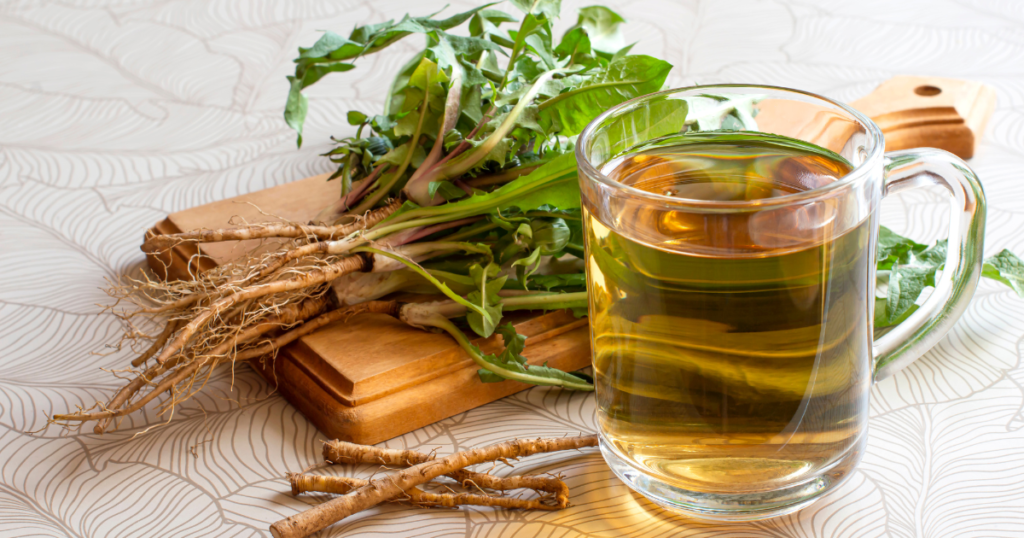
When we think about flavors that excite our taste buds, bitterness probably doesn’t top the list. Yet, bitter herbs and foods hold incredible power when it comes to supporting our overall health, particularly the health of our liver. These often-overlooked ingredients deserve a place on our plates and in our daily routines for their numerous benefits. Let’s dive into why bitterness matters and how it can be a game-changer for your wellness journey.
What Are Bitter Herbs and Foods?
Bitter herbs and foods are exactly what they sound like—plants and edibles with a bitter taste profile. Some popular examples include:
- Bitter Herbs: Dandelion, chicory, gentian, wormwood, and milk thistle.
- Bitter Foods: Grapefruit, kale, arugula, radicchio, endive, and dark chocolate (with high cacao content).
These foods and herbs have been used for centuries in traditional medicine to support digestion, detoxification, and overall vitality.
Why Bitterness is Key to Health
The bitter flavor isn’t just about taste—it’s deeply tied to physiological processes in the body. Here’s why you should embrace the bitter side of life:
1. Digestive Health
Bitters stimulate the production of digestive enzymes, bile, and stomach acid. This makes them incredibly useful for improving digestion, preventing bloating, and supporting nutrient absorption.
2. Liver Support
Bitters are a tonic for the liver, one of the body’s hardest-working organs. They:
- Encourage Bile Flow: Bile is essential for breaking down fats and eliminating toxins from the body. Bitter herbs like dandelion and milk thistle promote bile production and flow, easing the liver’s workload.
- Detoxify: The liver filters out harmful substances, and bitters help it function more efficiently by stimulating its natural detoxification pathways.
- Protect Against Damage: Some bitter herbs, such as milk thistle, contain antioxidants like silymarin that protect liver cells from damage caused by toxins, alcohol, and processed foods.
3. Regulate Blood Sugar
Bitter foods help regulate blood sugar by slowing carbohydrate digestion and promoting insulin sensitivity. This makes them a great choice for those managing diabetes or looking to prevent blood sugar spikes.
4. Curb Cravings and Reset the Palate
Incorporating bitters can help reduce sugar cravings and retrain your palate to appreciate less sweet foods. This is especially beneficial in a society overloaded with processed, sugary options.
5. Boost Immunity
The digestive system is home to a significant portion of our immune system. By supporting digestive health, bitters indirectly strengthen immunity and reduce inflammation.
How to Incorporate Bitters into Your Diet
Making bitters a part of your daily routine is easier than you might think:
- Start Your Day with Bitters: Begin your morning with a glass of warm water and a few drops of a bitter herbal tincture.
- Add Bitter Greens to Meals: Include arugula, kale, or dandelion greens in your salads, smoothies, or stir-fries.
- Bitter Tea: Sip on teas made from bitter herbs like chicory root, dandelion, or gentian.
- Choose Bitter Snacks: Opt for a square of dark chocolate with 85% or more cacao for a healthy treat.
- Explore Global Cuisines: Bitter foods like grapefruit, radicchio, and mustard greens are staples in many traditional diets.
A Daily Habit with Big Benefits
Incorporating bitter herbs and foods into your daily life might feel like a small change, but the impact on your health can be profound. From supporting liver function and digestion to balancing blood sugar and reducing cravings, bitters are a simple, natural way to nourish your body.
So, the next time you’re building your grocery list, don’t skip the bitters. Your liver—and your entire body—will thank you.
